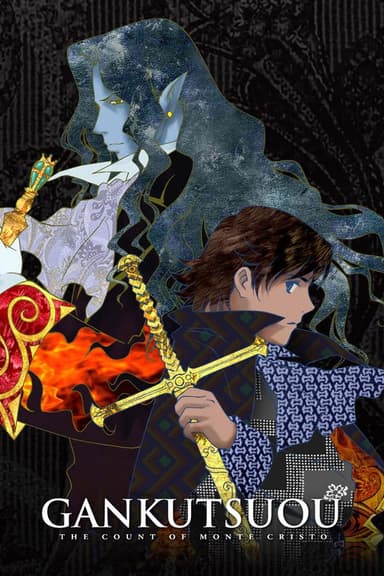
Dogtanian and the Three Muskehounds
1981 • Action & Adventure, Animation, Comedy, Kids
France, 17th century, under the reign of Louis XIII. Dogtanian is an impetuous and innocent peasant from Gascony, as well as a skilled swordsman, who travels to Paris with the purpose of making his dream come true: to join the Corps of Muskehounds of the Royal Guard.
Why you should read the novel
The original novel, 'The Three Musketeers,' offers a rich, thrilling tapestry of intrigue, betrayal, and heroism that can't be fully captured in any adaptation. Alexandre Dumas' masterful storytelling draws readers into seventeenth-century France, living alongside d'Artagnan and his charismatic friends, Athos, Porthos, and Aramis. Immersing yourself in the novel lets you experience the complexity of allegiances, the depth of historical context, and the personal growth of its iconic characters—elements only hinted at in animated renditions.
Adaptation differences
One of the most noticeable differences between the TV adaptation and the original novel is the transformation of human characters into anthropomorphic dogs and animals. This shift not only alters the visual tone but softens the mature and oftentimes violent themes present in Dumas’ work, making the story more approachable for younger audiences.
Additionally, the TV series streamlines and simplifies the intricate plotlines found in the novel. Complex political machinations and romantic intrigues are either omitted or vastly toned down, resulting in a more straightforward, action-driven storyline. The deeper subtext regarding loyalty, honor, and sacrifice receives less exploration compared to the nuanced treatment in the book.
Characterization is another area of divergence. While the series retains the core traits of each musketeer, personality quirks are exaggerated for comedic effect, and their personal motivations are simplified. Side characters from the novel are often merged or omitted entirely, and many darker aspects of their motivations and backstories are sanitized or ignored.
Finally, the ending and major events are often changed in the adaptation to suit the episodic, positive tone required for children’s programming. Serious consequences, moral ambiguities, and tragic outcomes crucial to Dumas' narrative are typically replaced with resolutions that emphasize friendship and optimism, distancing the tale from its literary origin in order to appeal to a family audience.
Dogtanian and the Three Muskehounds inspired from
The Three Musketeers
by Alexandre Dumas





